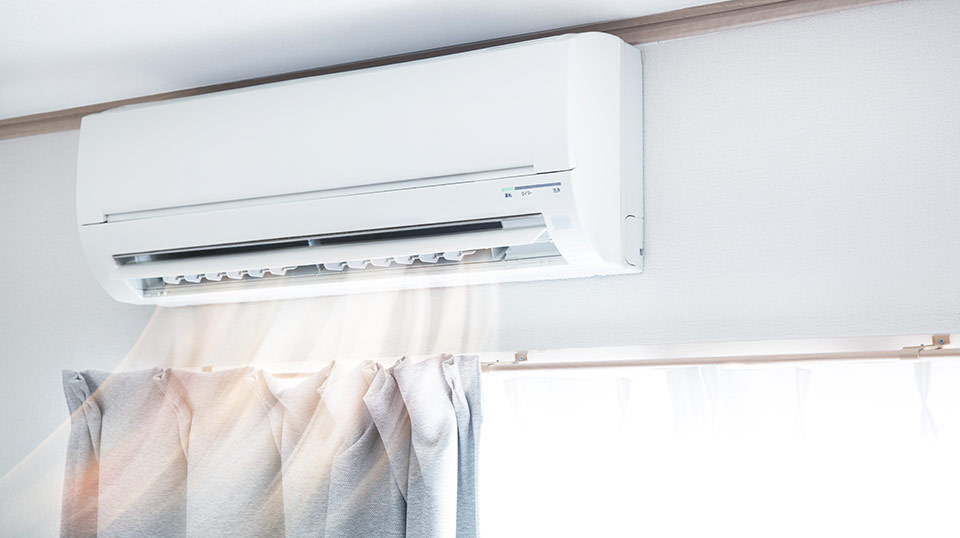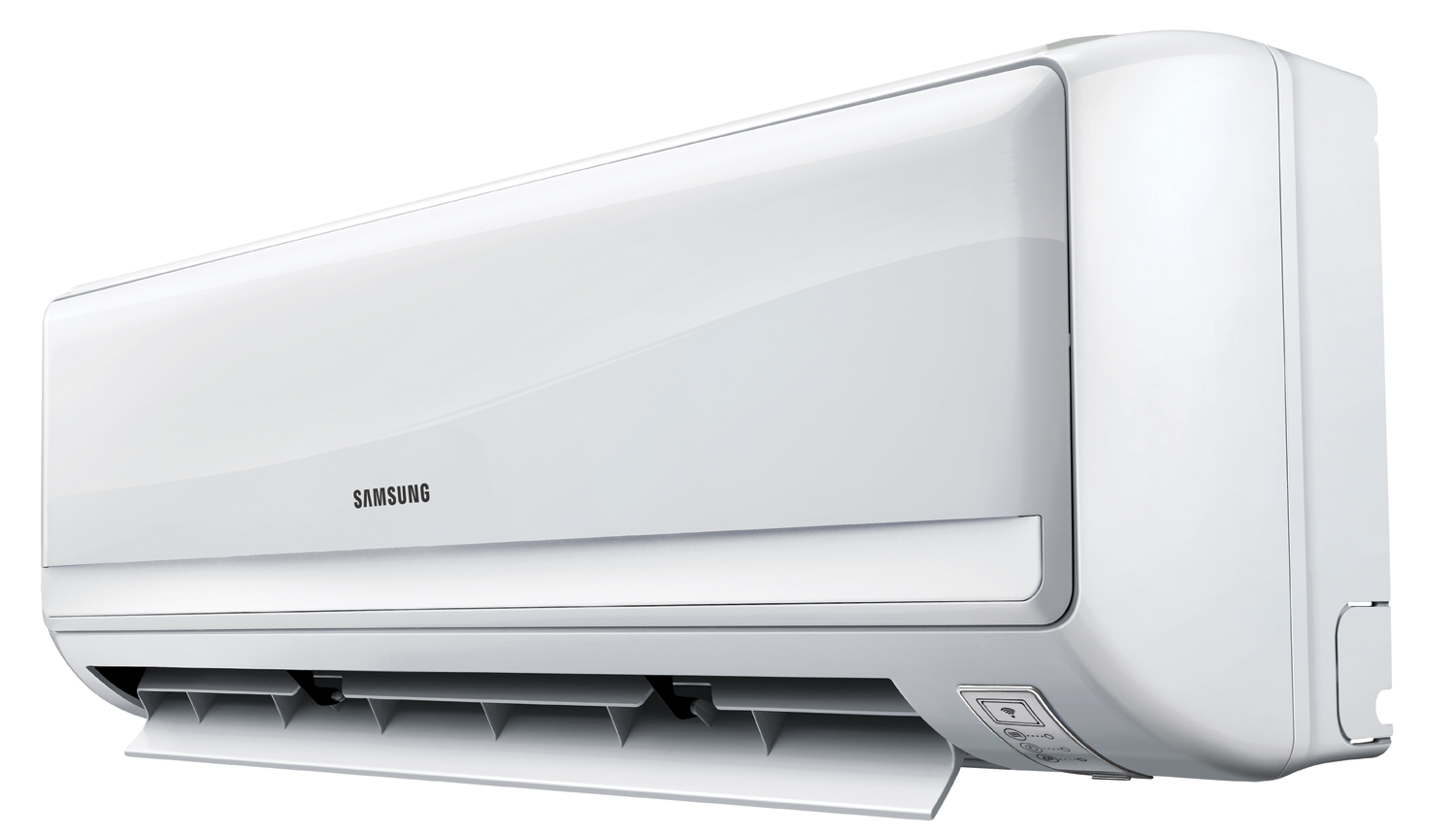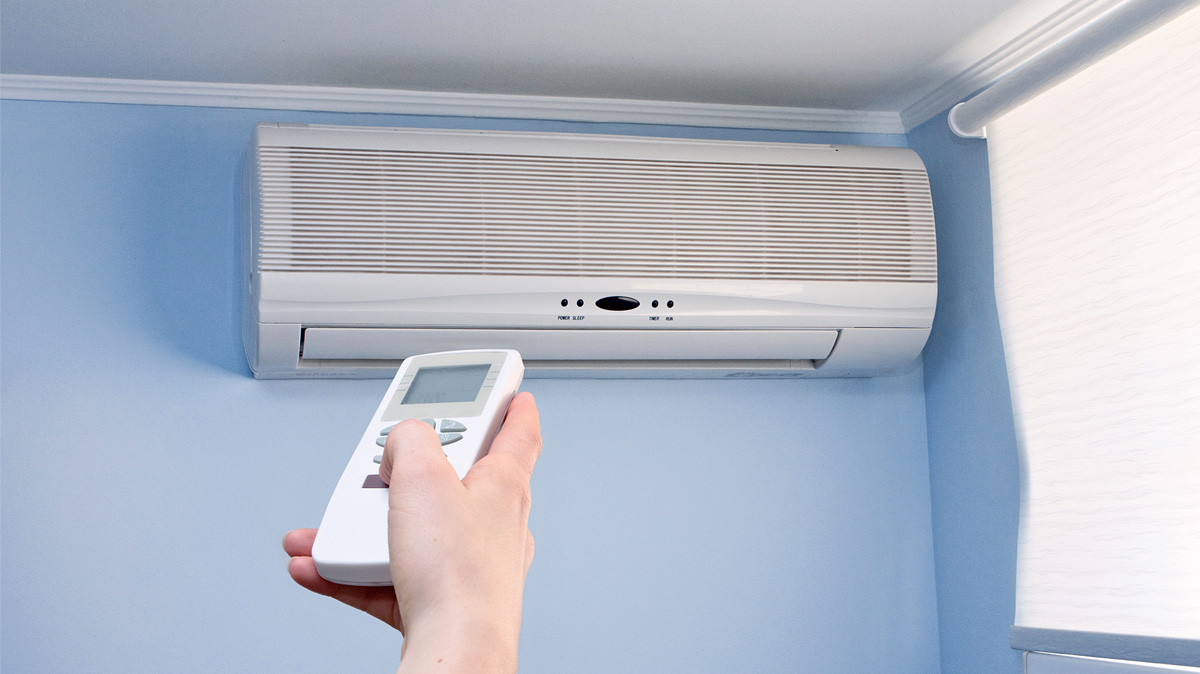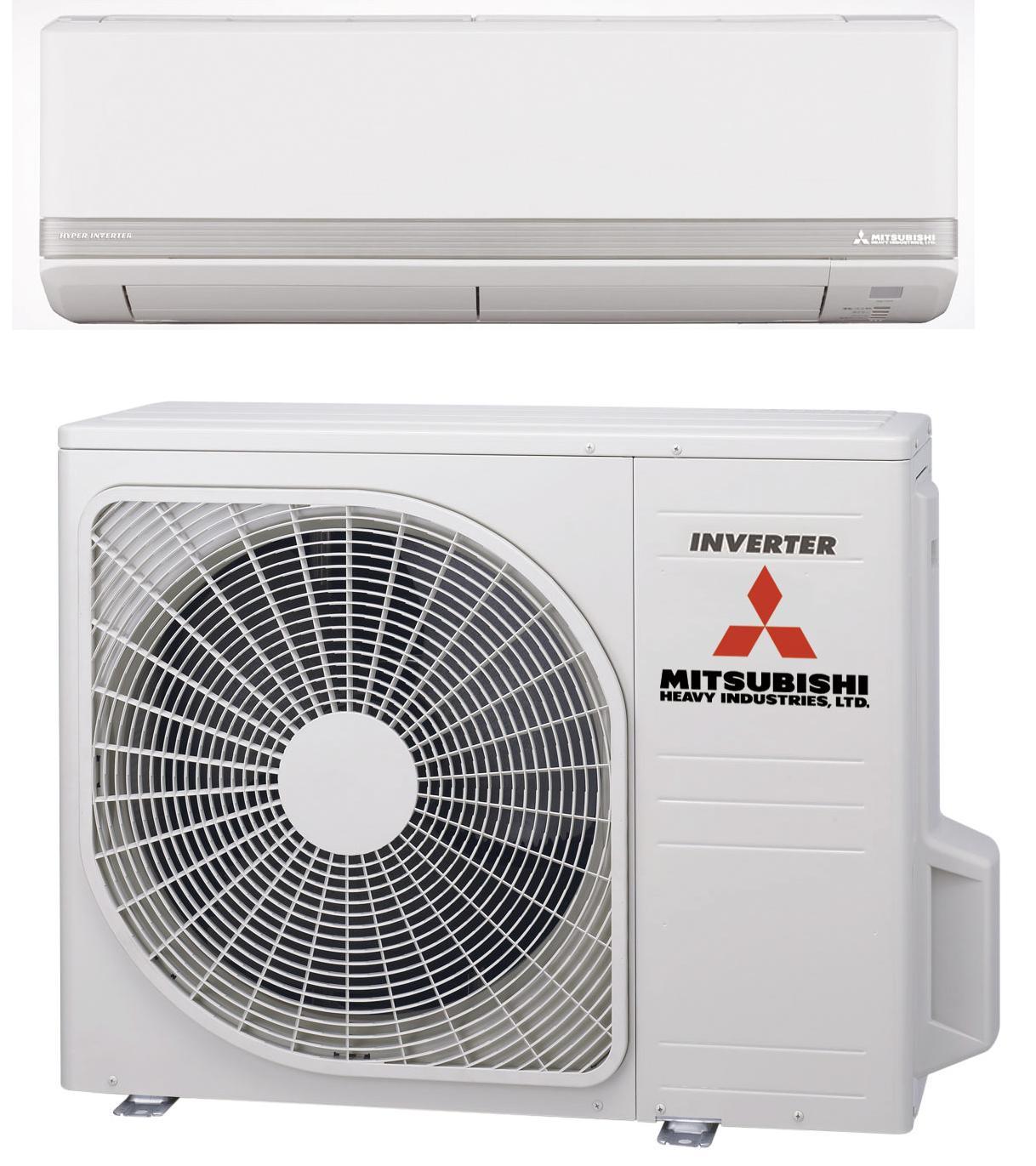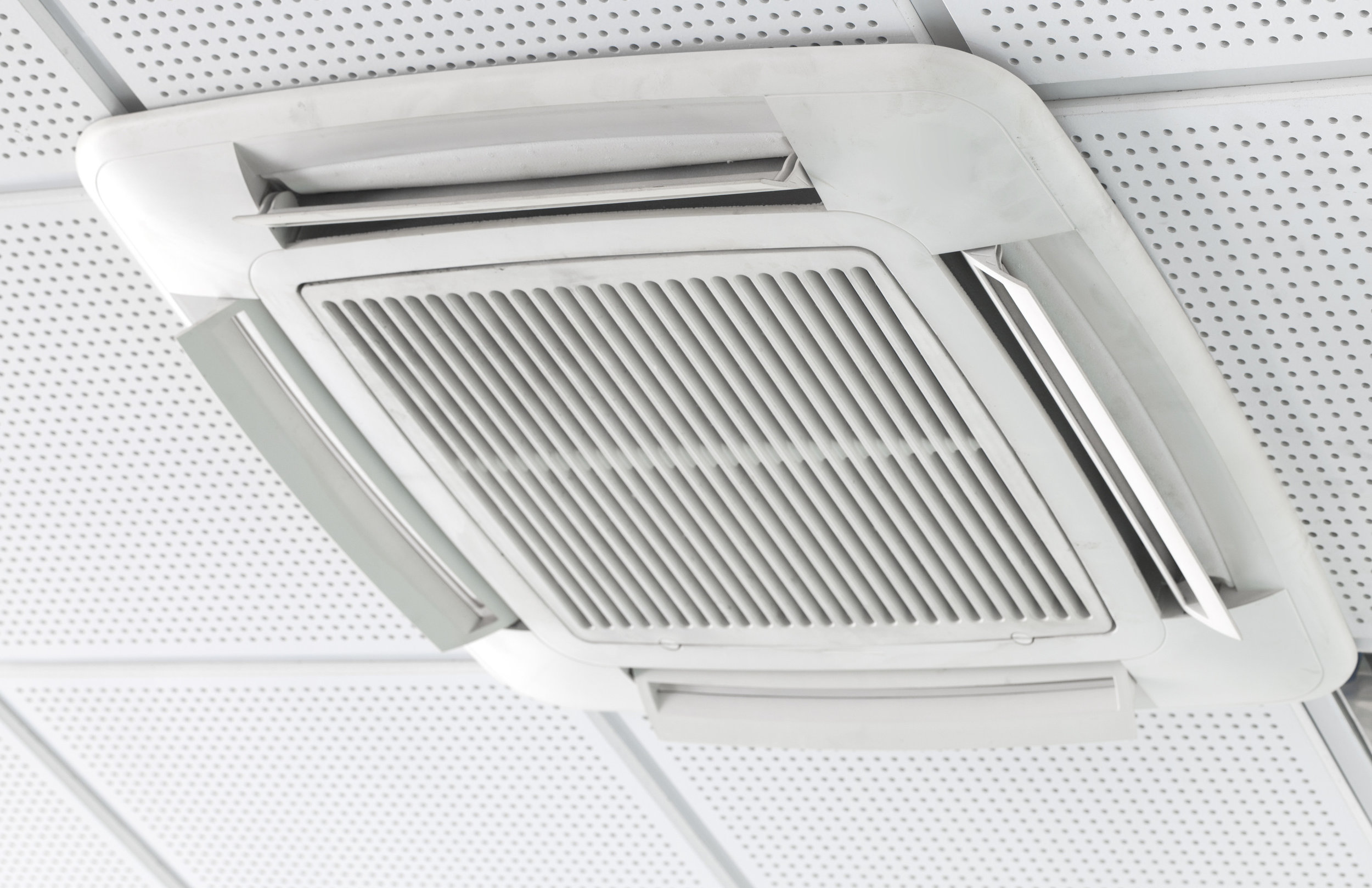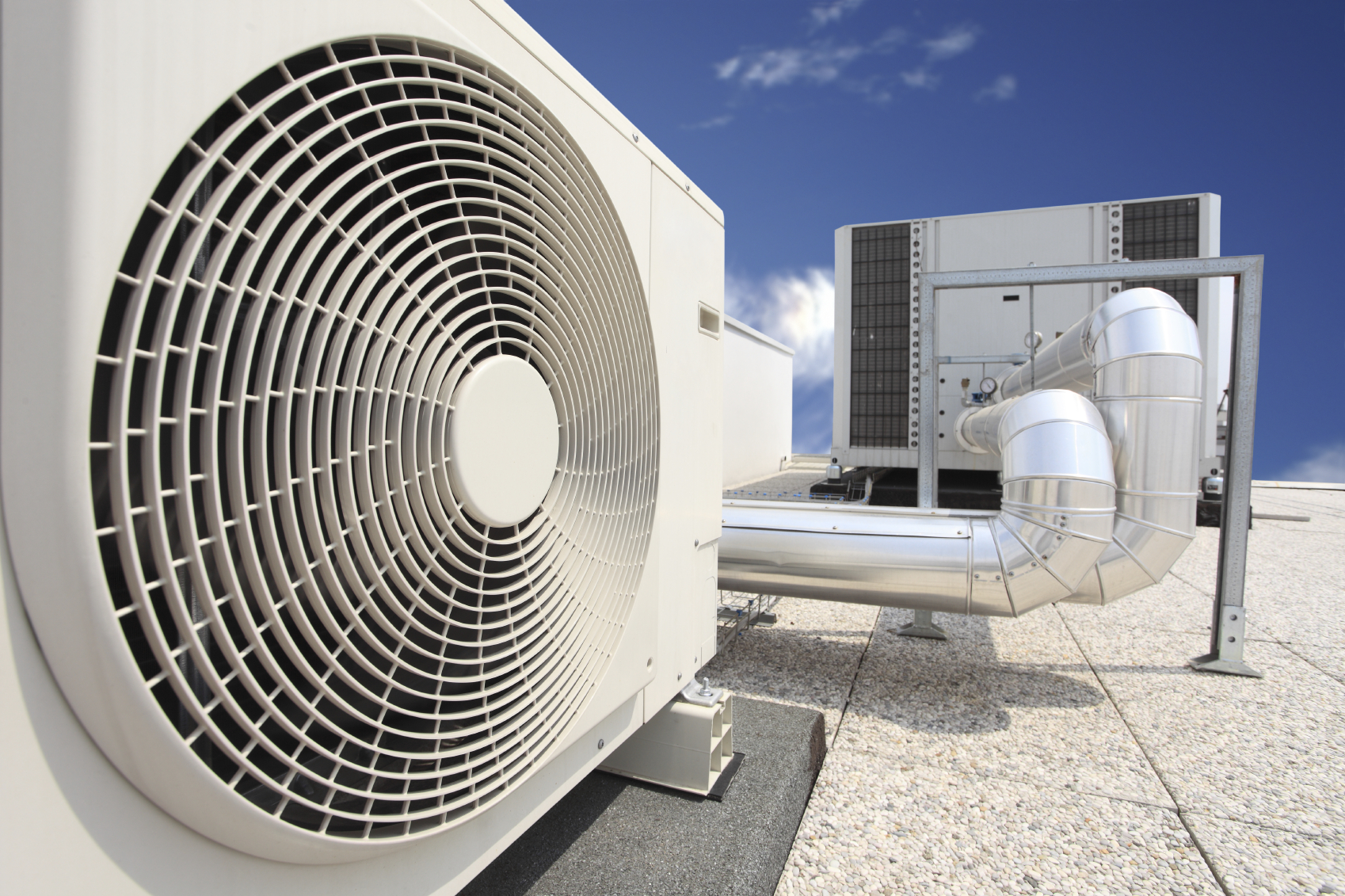Air Conditioning
Summertime outside the house can be breathtaking and a lot of fun, however it can turn out to be extremely uncomfortable indoors. The sweltering heat and puddle of sweat can be quite irritating. There's no reason to suffer this way if you can invest in a suitable air conditioning system in your home or office. There are various types of air conditioners available, each with a different setup and service different needs.
Positive Energy can source any Air-conditioner brand that you would like.
* Currently we can only install in Queensland
Your choice of air conditioner will depend on a number of factors:
1. Local climate – Here in Australia, lots of us live in a reasonably humid climate. Unfortunately, this means that our air conditioners have to work even harder to keep us cool, resulting in an increase in energy consumption. It also means that in regions of the country where the humidity is particularly high, certain types of air conditioners are effectively useless.
2. How many rooms you would like to cool – Choosing a unit to cool a single room is relatively simple, however if you would like to cool multiple rooms this requires more in depth consideration. Window/wall box units are a good choice for cooling a single room. Multi-split systems are usually used for three or more adjacent rooms (these may be high-wall, floor-mounted or ceiling cassette systems) and ducted systems are usually used for whole-of-house cooling. It is recommended that one of our Positive Energy experts conduct a site visit to determine the type of system most suited to your individual needs, to maximise the system’s energy efficiency and lifespan.
3. Room size and design/orientation– To ensure that the system you choose works most efficiently, it’s important to choose an air conditioner with the correct cooling output or capacity (usually measured in kilowatts) for the space. Selecting an air conditioning unit that is the wrong capacity for the size of room not only results in poor performance, but also in increased energy use and operating costs. It can also reduce the life-span of the system.
The amount of shading and insulation a room has, along with the ceiling height and roof type, will all play a role in determining the correct capacity air conditioner. As all homes differ in character, one of our qualified Positive Energy experts can visit your home and provide you with a detailed heat load calculation/ assessment (the sum of all the heat sources of a space).
4. Energy efficiency – Think about how you can optimise the efficiency of your home, before you buy an air conditioner. High-efficiency units may cost more to buy initially, but can easily pay for themselves over a few years through lower running costs.
The energy efficiency of air conditioners sold in Australia is reflected in a compulsory energy star rating labelling scheme*; the more stars shown on the label the more efficient the unit (please note that most ducted systems are not rated). The label also gives an estimate of the annual electricity consumption. Check the *Energy Rating label on air conditioners in retail showrooms or visit the Energy Rating website (energyrating.gov.au) for a detailed, up-to-date list of appliances.
*Please note though that this rating does not tell the whole story: This is a rating for the efficiency of the system at full load (full power). A refrigerated air conditioner with an inverter (a variable speed motor) spends much of its time working at part load (i.e. not full power) – this is where they are most efficient. A non-inverter model may be more efficient at full load, but not as efficient overall. For inverter units – check the part load energy performance as well. Ask the retailer, check with the manufacturer or search online.
5. The noise of the system:
Internal noise – Some air conditioners can create excessive internal noise that may interfere with sleep or conversation. Check and compare the sound power rating (dBA) of each system on the manufacturer’s brochure before purchase. As a guide, Evaporative coolers tend to give a higher inside noise than refrigerated air conditioners, especially at high fan speeds. Refrigerated single room units are noisier than split systems. Ducted or split systems tend to be the quietest due to the remoteness of the operating components.
External noise – If you live close to neighbours, you will need to consider the positioning of the external unit so it does not disturb others. Also note that the nuisance laws apply to residential amenity and requirements for external noise levels can differ between local government areas. The best approach is to buy the quietest unit for your needs and have it installed as far away as possible from your neighbours or in a well-shielded position.
6. Health features – It is also important when choosing an air conditioner to consider features that may improve the air quality in your home. Traditionally, air conditioners have featured a basic mesh filter that collects particles and dust, but some modern systems include built-in ionisers, UV air filtration systems, antiviral and antioxidant filters. While these systems shouldn’t be completely depended on to regulate the quality of the air in your home, they can definitely help.
You should also look for an air conditioner that maintains the moisture in the room’s air. This reduces common complaints associated with air conditioning like dry skin, throats and eyes, and is especially beneficial if you plan on sleeping with the air conditioner on.
7. Reliability – Reliability is a key consideration when choosing an air conditioner. As with most expensive appliances, it pays to stick with a well-established brand, look for lengthy warranty periods and companies that have a reputation for good after-sales service.
8. Design – Your air conditioner may take up a considerable amount of space on your wall. It might sound superficial, but it’s important to also consider how the unit will look in your home.

